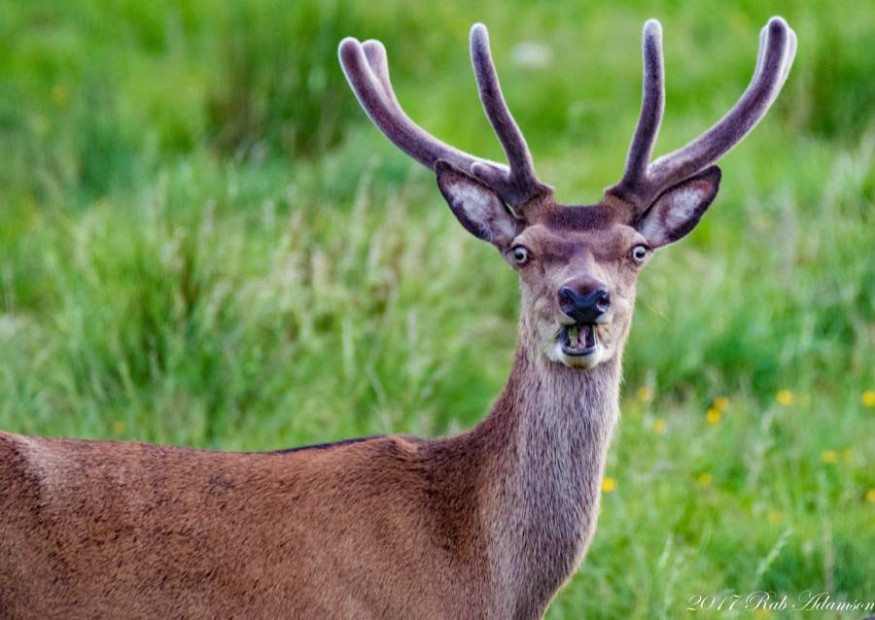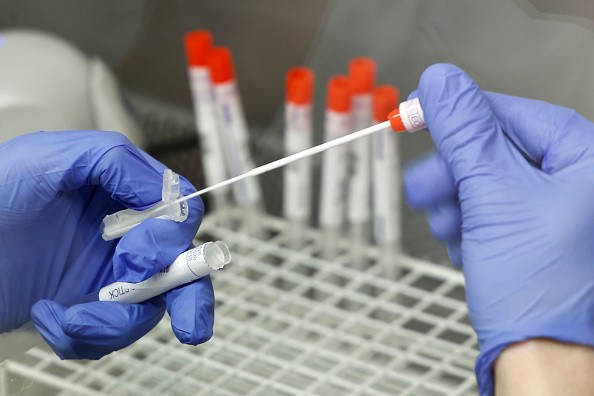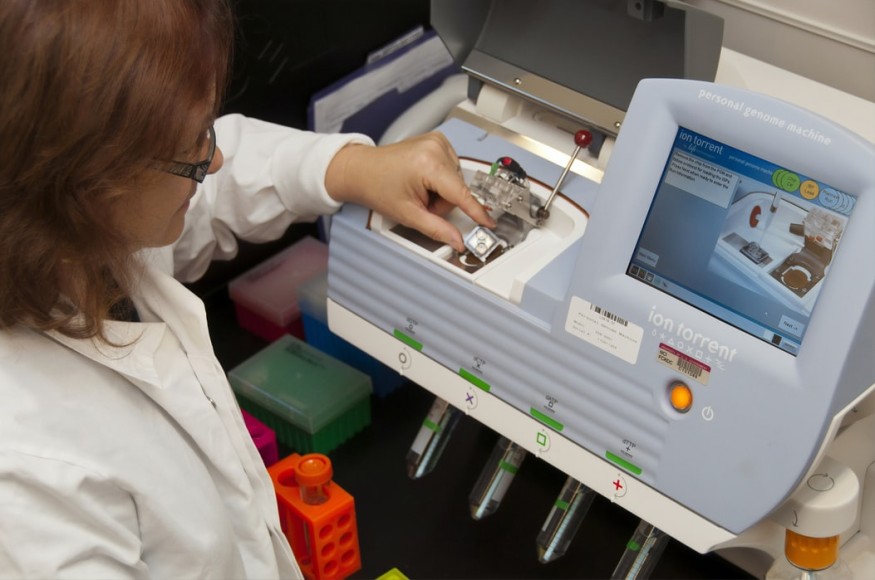According to a preliminary new antibody study by the US Department of Agriculture's Animal and Plant Health Inspection Service (USDA-APHIS), up to 40% of white-tailed deer living in the wild in regions of the northeast US appear to have been exposed to the coronavirus that causes COVID-19.
Fortunately, none of the deer appear to be infected, but it's worrying since it's the first indication of extensive SARS-CoV-2 exposure in wild animals, perhaps due to human-to-animal transmission.
In addition, it raises concerns about another common animal acting as a reservoir for SARS-CoV-2, ready to reintroduce the virus into people and cause future outbreaks.

Studying Samples
On July 29, the preliminary work, which has not yet been peer-reviewed, was published on the bioRxiv pre-print site.
Six hundred and twenty-four serum samples were obtained from wild deer in Illinois, New York, Michigan, and Pennsylvania before and after COVID-19 took hold. Antibodies against SARS-CoV-2 were found in 152 (40 percent) of the samples taken in 2021, suggesting that the wild deer had been exposed to the virus.
Positive instances were found in 67 percent of Michigan samples, 31 percent of New York samples, 44 percent of Pennsylvania samples, and 7% of Illinois samples.
Testing Positive

Three positive samples from January 2020, relatively early in the epidemic, were also discovered by the researchers. Antibodies for SARS-CoV-2 were found in around one-third of samples from 2020 and 2021.
One positive sample from 2019 was also discovered. There is currently no clear proof that the virus was present in the United States at the time, and this instance might just be a false-positive result.
All of these findings need to be confirmed, but it appears that a large number of wild deer were infected with SARS-CoV-2.
Even if a few false positives have snuck into the findings, the chances of more than 150 mistakes appear to be remarkably small.
"The discovery that wild white-tailed deer have been exposed to SARS-CoV-2 is not surprising given that white-tailed deer are susceptible to the virus, are abundant in the United States, frequently come into close contact with people, and the CDC estimates that over 114 million Americans have been infected with SARS-CoV-2," the USDA-APHIS said in a statement to IFLScience.
Nature of the Infection
It's still unclear how this exposure happened. According to the study, people may have directly exposed the deer to the virus through shooting, field research, conservation work, wildlife tourism, and other activities.
Contaminated water sources, on the other hand, might be a possible transmission pathway. Minks that have fled from farms where COVID-19 epidemics have occurred are another potential possibility.
SARS-CoV-2 may infect a wide range of animals, not just deer. Infections in various confined animals and pets have been documented, including dogs, cats, tigers, gorillas, and minks, to mention a few.
Outbreaks in agricultural and domestic animals have raised some concerns, although outbreaks can be controlled via vaccination and culling. Handling wild animals, such as deer can be considerably more difficult.
Unlikely Deer-to-Human Transmission

While a deer-to-human transmission is unlikely, it's feasible that deer, as well as other wild and domesticated animals, might silently carry the virus and cause COVID-19 outbreaks in the future. Therefore, for the time being, additional study is required before anything can be confirmed.
"Animals do not appear to have a substantial role in the propagation of SARS-CoV-2, the virus that causes COVID-19, to humans. The chance of COVID-19 being transferred to humans through animals, such as deer, is minimal," according to the USDA,
For more health and medicine related news, don't forget to follow Nature World News!
© 2026 NatureWorldNews.com All rights reserved. Do not reproduce without permission.





